Mozambique: Support for the Local Force a “major priority” - President
Mozambique’s links with Francophonie the government’s responsibility – Chissano
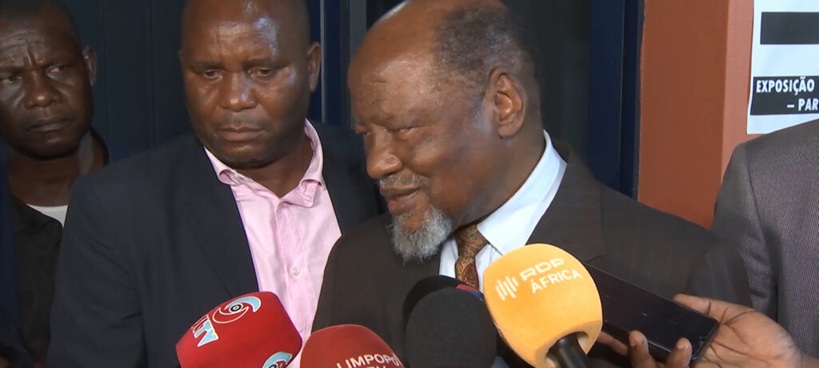
Photo: O País
Former president of Mozambique Joaquim Chissano says that it is important for Mozambique to maintain links with the Francophonie as a bridge between the French- and English-speaking African countries in the southern part of the continent. Chissano, who was speaking at a Francophonie Month round table, said that the country’s decision as to whether to become a full member of the organization of Francophonie countries was a government matter.
‘Dynamics of Francophonie in Mozambique: Politics, Economy and Culture’ was the theme of a round table organized by the Franco-Mozambican Cultural Centre, as part of the celebrations of Francophonie Month. Former President of the Republic Joaquim Chissano, was one of the panellists discussing cooperation between Mozambique and the Francophonie countries of the region, the continent and the world.
“In this dialogue, we see that the Francophonie has gone from being just the group of those who speak French to being the group of those who, in French, cooperate for the harmonious development of the world. As it is based on the objectives for the next 30 years or so, including climate conditions and then cooperation for education in all countries, for the advances in current technology. It is no longer simply a matter of pride for many people to speak French; it is about bringing something that will benefit all nations,” Joaquim Chissano began.
In bringing benefits to all nations, Mozambique, which is an observer member of the Organisation Internationale de la Francophonie, appears as the bridge between the Francophone and Anglophone countries of the region, and is therefore eligible for full membership.
“Mozambique has been doing very well in this important role of being the link between the French-speaking countries in the Indian Ocean, which are separated from the other French-speaking African countries, which are far away in the West, and here in the middle we have the English-speaking countries of Tanzania, South Africa, Zimbabwe, Malawi, Kenya and Namibia,” Chissano said.
Chissano recalled that there were already agreements in the area of air transport, where “we also had some air links here with UTA and Airfrance, and that was very useful”. Therefore, Joaquim Chissano recommends that “we need to think about how to revitalize these communications, because to visit French-speaking countries, sometimes we have to go around a lot.”
Despite the cooperation that Mozambique has with French-speaking countries, both in the region and on the continent, as well as on other continents, in various areas, the decision to become a full member depends solely on the government, according to Joaquim Chissano.
Referring to the statement made by the Congolese ambassador during the Round Table, who cited the President of the Republic, Daniel Chapo, as being interested in joining the International Organisation of La Francophonie, Joaquim Chissano says that he prefers to let the government make progress on this request.
“Because in the case of the Commonwealth, Mozambique did not ask to be a member of the Commonwealth, it was invited because of the activity we were developing, which was in the interest of all members of the Commonwealth,” explained Chissano, giving as an example the support that the country gave to the liberation struggle of Zimbabwe and the fight against apartheid.
“This was appreciated by many Commonwealth countries and we were invited to become members of the Commonwealth. In this way, the Francophonie can also see the usefulness of Mozambique,” he explained.
The former statesman also revealed that there has already been a suggestion that Mozambique join the Francophone organisation, especially because it serves as a bridge between the Francophone countries of the Indian Ocean and the Anglophone countries, which are neighbours. “And we speak more or less both languages, English and French, through Portuguese. So we have already started to play our role. If they think we should be members of the whole party, we are ready for that, they will certainly invite us. But I will leave it to the government to deal with the matter,” Chissano concluded.
Other panellists, including Constant-Serge Bounda, ambassador of Congo and president of the Ambassadors of the Francophone countries based in Mozambique; Beatriz Ferreira, director of the Heart Institute; and Crystelle Coury, from the French Embassy, discussed cooperation between Mozambique and the Francophone countries in several areas, with emphasis on education, health, transport, economic investment and culture.




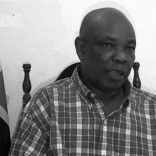
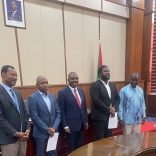
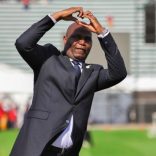
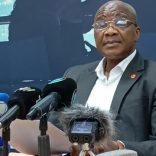




Leave a Reply
Be the First to Comment!
You must be logged in to post a comment.
You must be logged in to post a comment.